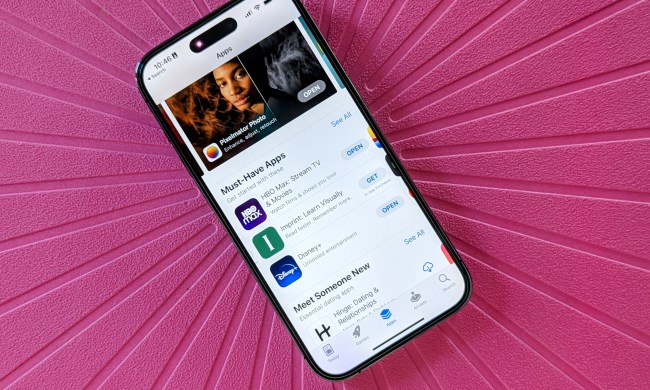
Although most smartphone and tablet users around the world make use of only the Google’s Play Store and Apple’s App Store, there are other marketplaces out there and third party platforms where non-official apps can be found. In country’s like China, where Google’s Play Store is not accessible, they can see a lot of usage, too.
While they do carry the risk of malware and other security threats, in a country where apps as big as the New York Times can be pulled from official app stores, finding them elsewhere can be a saving grace for citizens who wish for a greater access to information.
The cited reason of China’s government for demanding a register of app stores is to help stop apps that pose security risks, as well as those that contain “illegal information,” as per Engadget.
This registry will likely have some positive effects in the form of improved security, but it seems just as likely to inhibit access to information which many people wish to see, even if, or particularly if, the government would rather they didn’t. This could see China moving towards a system where the store platforms themselves are held responsible for the apps that are found on their servers, which could present problems down the road should the regime change it’s mind about what is and isn’t acceptable.
This is all speculation for now, but it seems likely that grabbing applications that the government doesn’t want you to have in China is going to become harder in the future.



